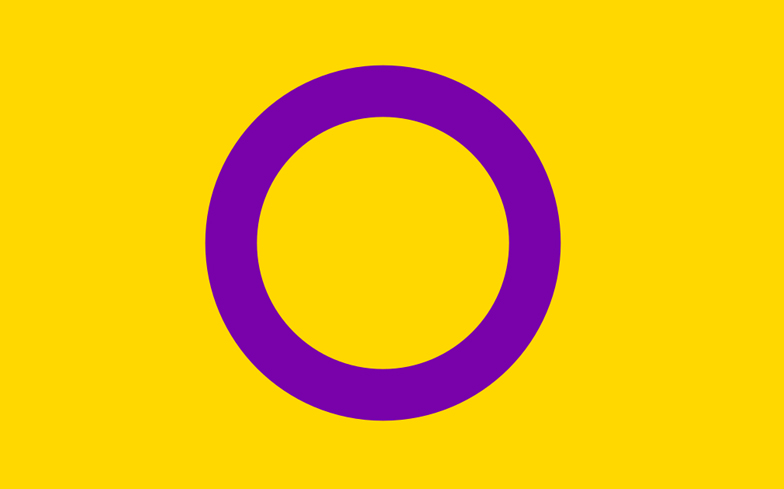
People who don’t identify as male or female can now be legally recognised as ‘diverse’ in Germany.
The country’s law adding a third gender option to legal documentation came into effect on 1 January in a move to better recognise intersex and gender non-conforming citizens.
The UN has previously estimated that between 0.5% to 1.7% of the world’s population are born with intersex traits.
Intersex people are born with both male and female biological characteristics which can be identified at birth, or may develop later in the life.
An intersex person may have variations in their chromosomes, sex hormones levels, in genital formation or other differentiations from average sexual development.
Related: Intersex Day of Remembrance: What issues do intersex people face?
One of the major problems facing intersex people from birth, is unnecessary ‘normalising’ surgery used to modify their bodies to conform to one or other socially mandated sexes.
What’s more, most intersex people face legal discrimination and social stigma.
However, in order to be legally recognised as ‘diverse’, German citizens will require a certificate of approval from a doctor.
Germany’s new law follows the introduction of intersex people being able to opt out of identifying as either male in female on legal documents back in 2013.
The diverse option was added to official documents following a ruling from Germany’s highest court, the Federal Court of Justice.
In 2017 they ruled that it was unconstitutional to force people to either identify as male or female, following a case brought by an intersex activist, and they gave the German Parliament until the end of 2018 to change the law.




